Is It Time to Take Your Car to the Auto Repair Shop? 5 Things to Consider
Regular vehicle maintenance is crucial for the longevity and performance of your car. Yet, many drivers wonder how frequently they should bring their vehicles in for professional care. While some assume cars only need attention when something feels off, proactive trips to the auto repair shop can save time, money, and stress down the road by preventing more serious issues from arising. In this article, we explore the optimal frequency for visits and offer expert guidance to keep your vehicle in top condition, ensuring it runs efficiently and safely for years to come.
Is it Time for Routine Maintenance?
Over the years, routine maintenance intervals have evolved. In our professional experience, many modern vehicles boast extended intervals, usually between 5,000 to 7,500 miles before requiring such service. Despite these advancements, it is wise to stick to a regular schedule of around 3,000 to 5,000 miles for check-ups, according to our experience, especially if you experience harsh driving conditions or use your car predominantly in city traffic.
Do You Need an Annual Checkup?
In addition to mileage-based maintenance, scheduling an annual visit to your auto repair shop can be beneficial. During this check-up, mechanics can spot issues before they escalate, ensuring your vehicle remains safe and reliable. Many drivers overlook elements like brake health, tire rotations, and battery life, which can all be addressed during these yearly appointments. Additionally, mechanics can inspect your vehicle’s fluids, belts, and hoses, which are often neglected until they cause problems. Addressing these minor issues during routine visits can prevent more significant, costly repairs down the road, ensuring that every component of your vehicle functions optimally and extends its lifespan.
Does Your Manual Recommend Maintenance?
An important resource that often goes underutilized is your vehicle’s owner’s manual. Every car manufacturer provides specific guidelines on service intervals tailored specifically to their models, including the type of maintenance needed at different mileage points. Generally speaking, newer models, in particular, are built to handle longer periods between maintenance visits due to advanced engineering and technology. However, revisiting this resource periodically ensures that you adhere to prescribed maintenance schedules, which is critical for prolonging the car's operational lifespan and preventing costly repairs that could arise from neglecting routine service. By following these guidelines, you can ensure optimal performance and reliability for years to come.
Are You Driving Your Car Frequently?
Your maintenance needs will also hinge on your driving habits and the regular usage of your car. A commuter who drives long distances every day will require more frequent checkups than someone who drives only on weekends. Additionally, aggressive driving habits, such as rapid acceleration and hard braking, can lead to increased wear and tear, necessitating more frequent visits to the auto repair shop. These habits put extra strain on key components like the brakes, engine, and transmission. Consequently, understanding the nuances of your driving style can inform a more tailored maintenance schedule, helping you stay ahead of potential issues before they become costly repairs.
Are You Concerned About Your Car's Lifespan?
According to Carsurance, the average person keeps a vehicle for close to eight and a half years. To maximize this timespan and maintain your vehicle's resale value, consistent maintenance is key. Regular service intervals prevent the gradual degradation that could otherwise lead to costly repairs, ensuring that your car performs efficiently throughout its life cycle. By scaling your visits to the auto repair shop accordingly, you not only enhance the lifespan of your car but also achieve greater reliability and safety on the road.
Ultimately, the frequency of visits to the auto repair shop should be guided by a combination of manufacturer recommendations, personal driving habits, and regular assessments of your car’s needs. Whether you follow mileage benchmarks or opt for annual inspections, maintaining a consistent schedule offers numerous benefits. By committing to routine care, you mitigate the risk of major mechanical failures and contribute to the longevity and performance of your vehicle. Investing in preventive maintenance today can translate into driving peace of mind and financial savings in the future. Ready to keep your car running smoothly? Schedule your next maintenance visit with Wisconsin Muffler Tire & Auto Center today, and let our expert team ensure your vehicle stays in top condition for years to come!

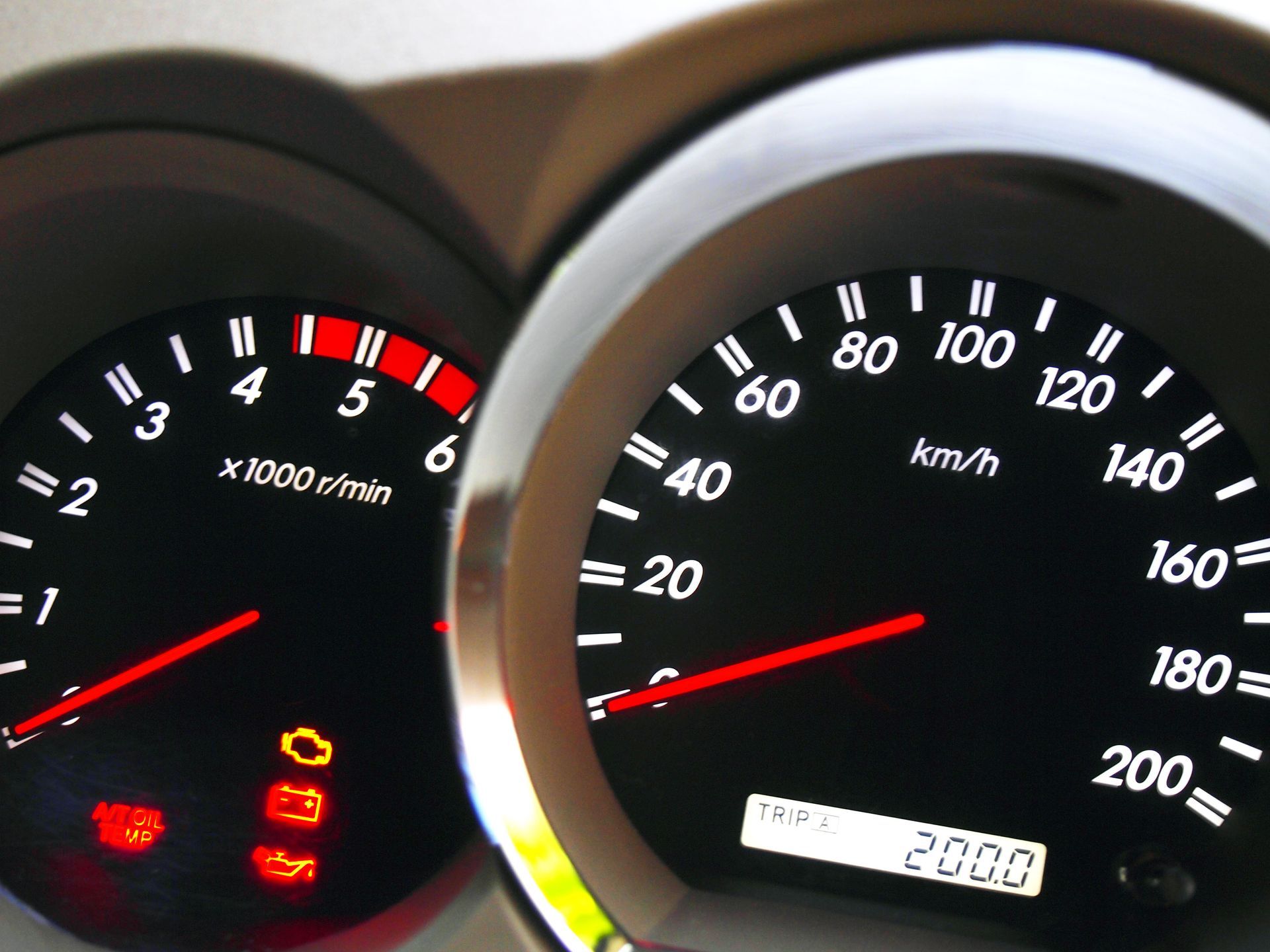
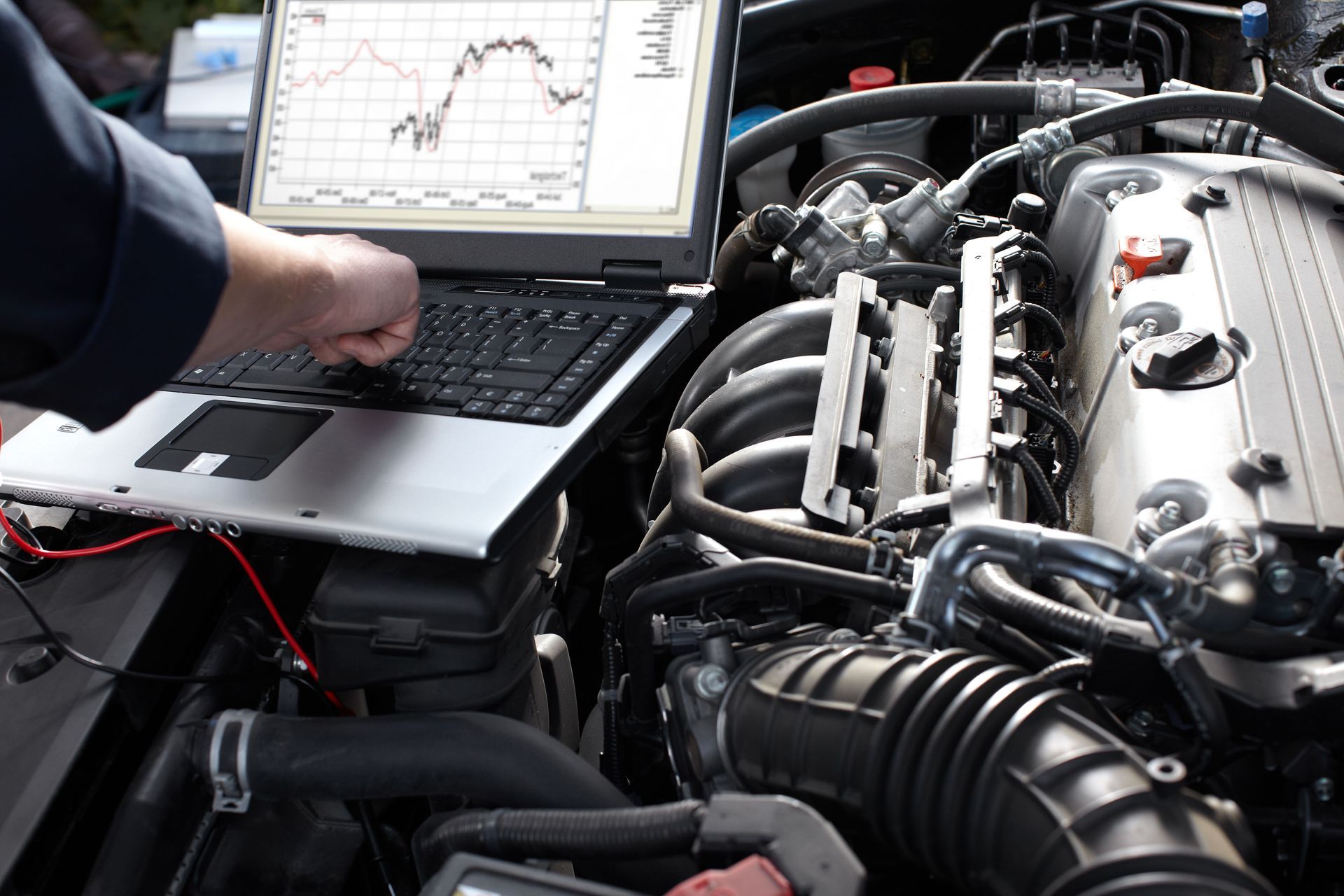

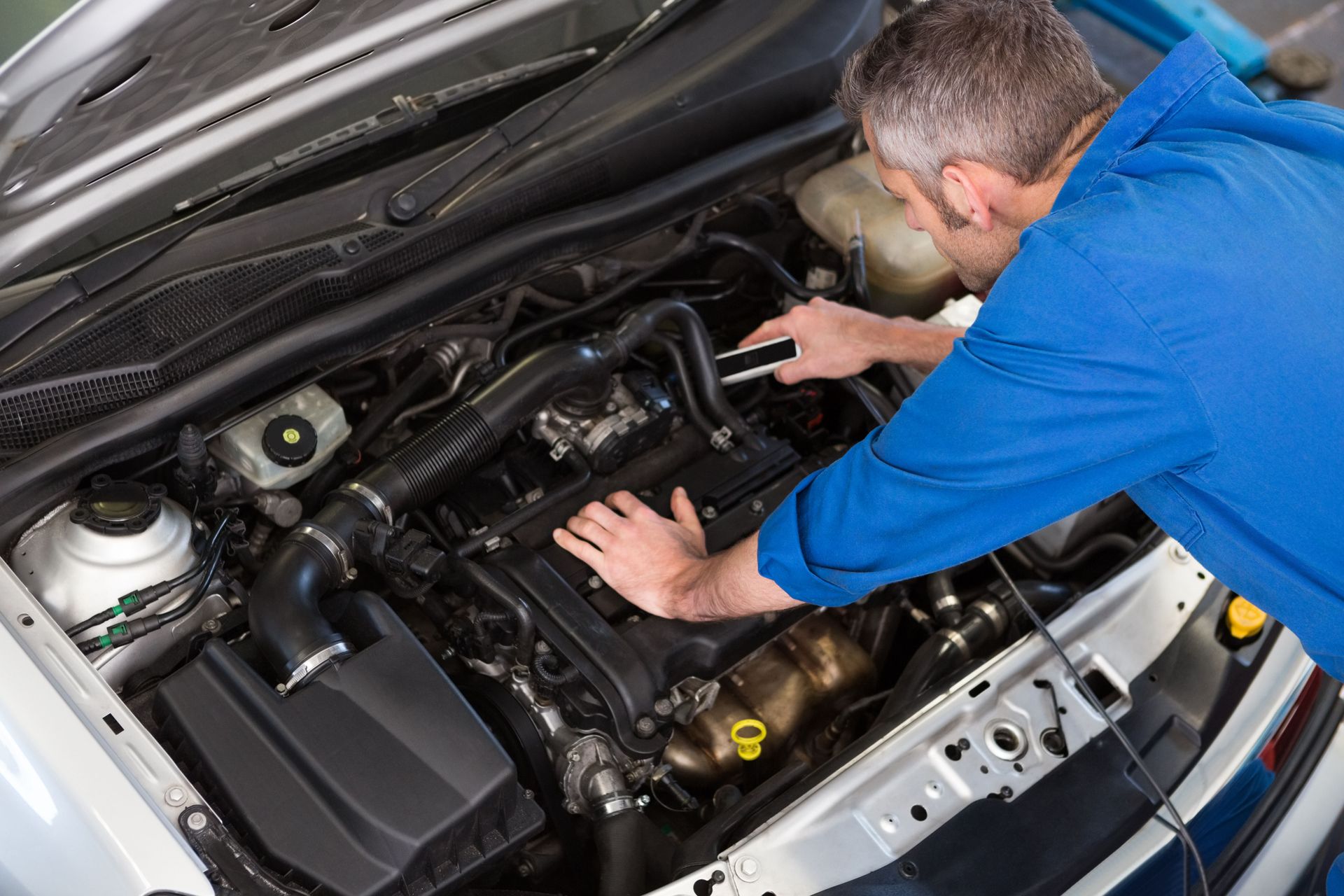
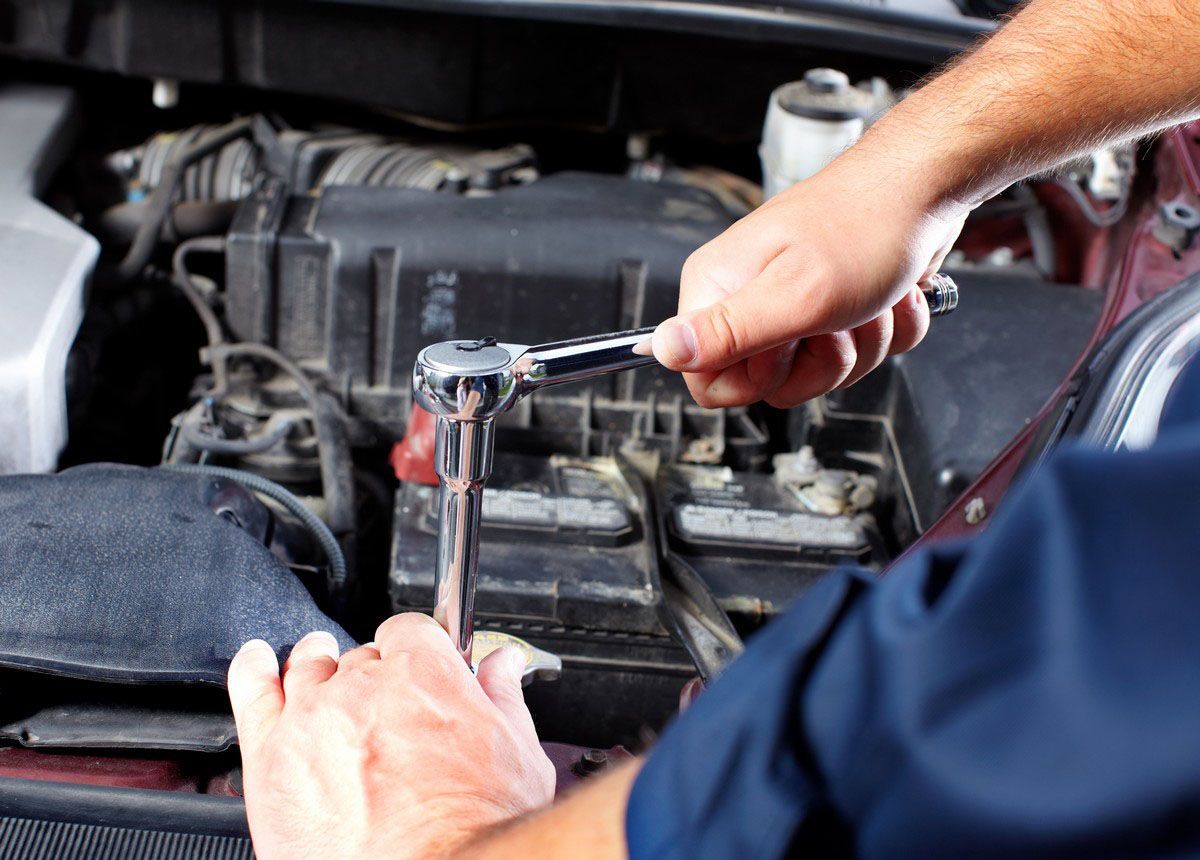
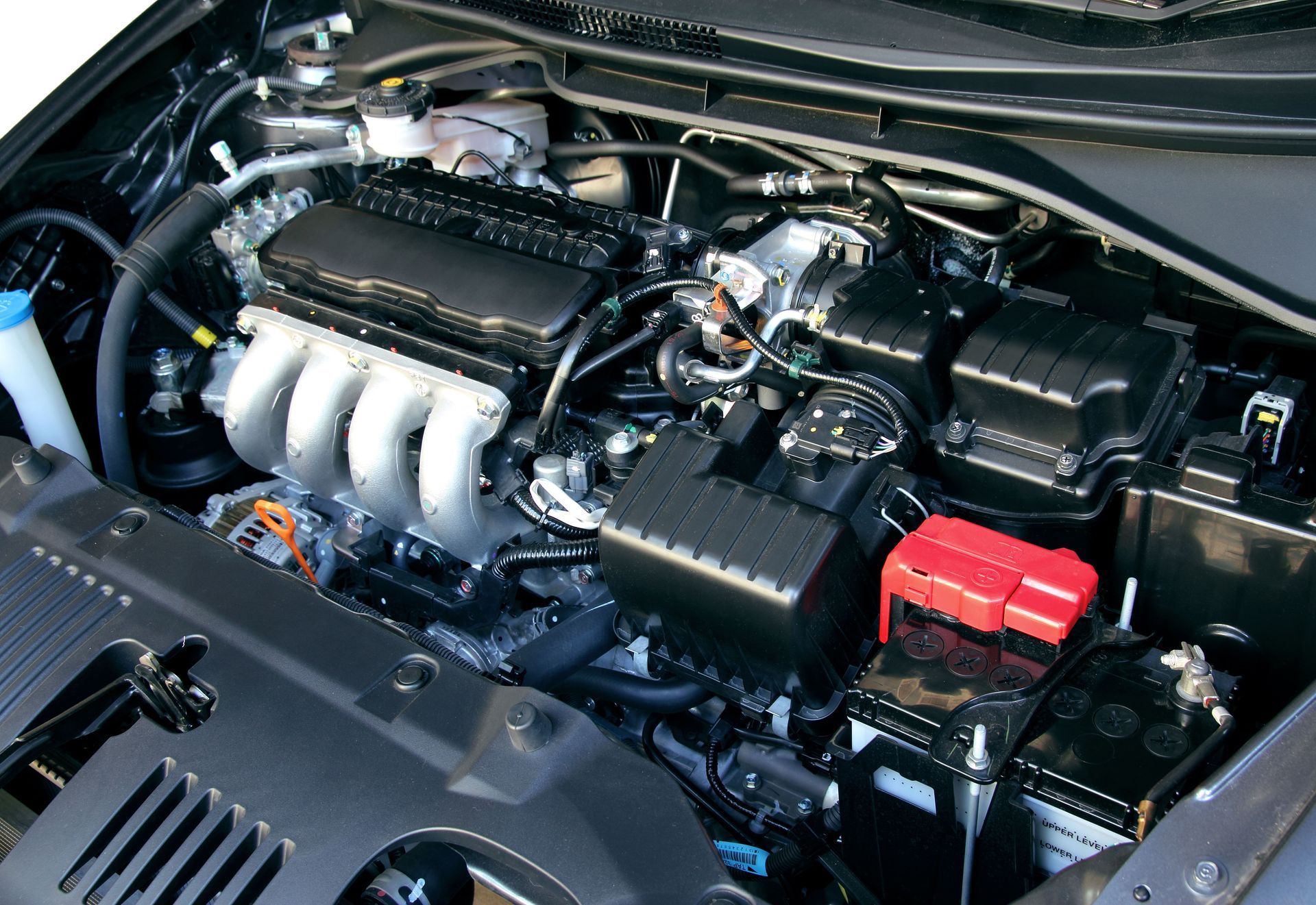
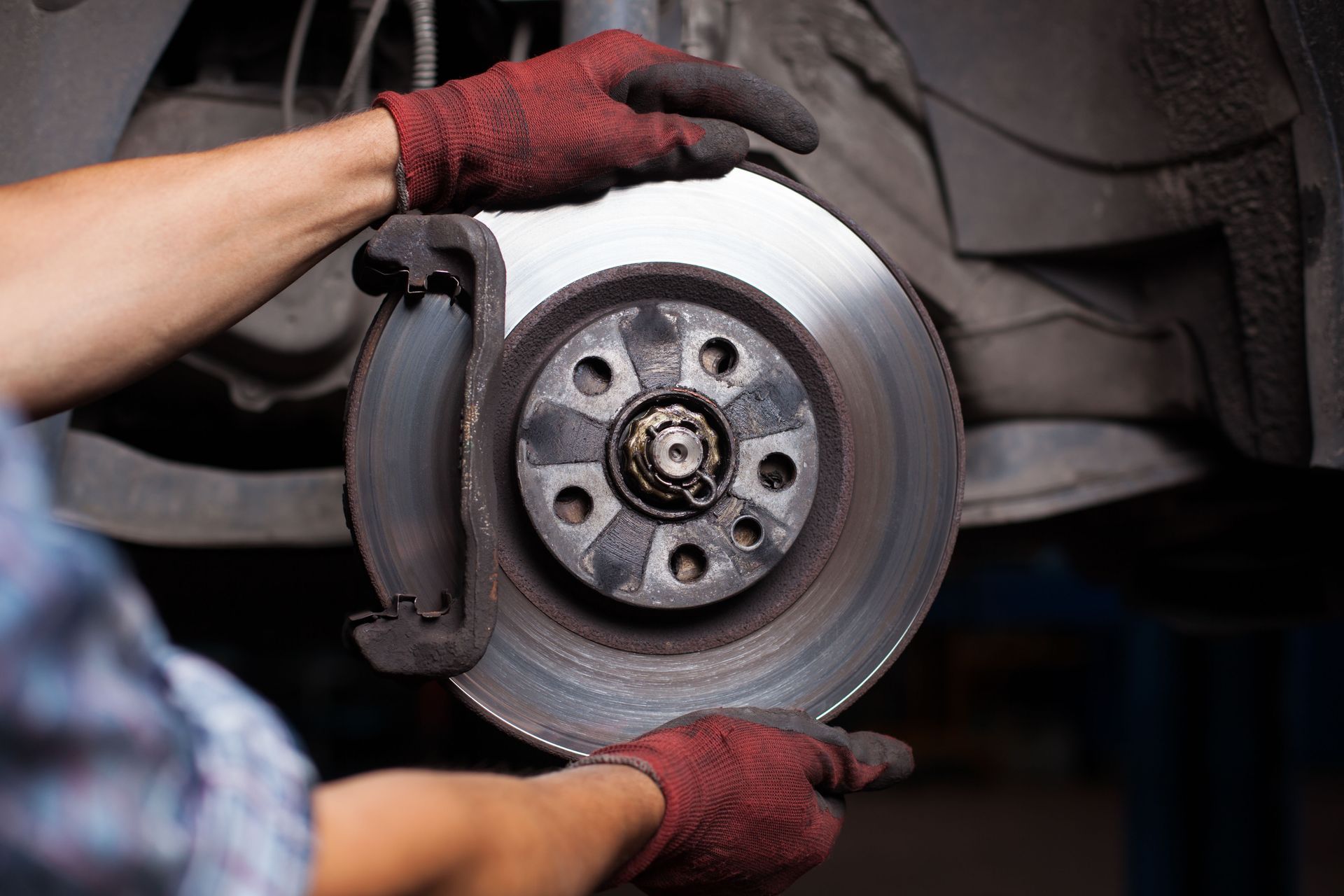
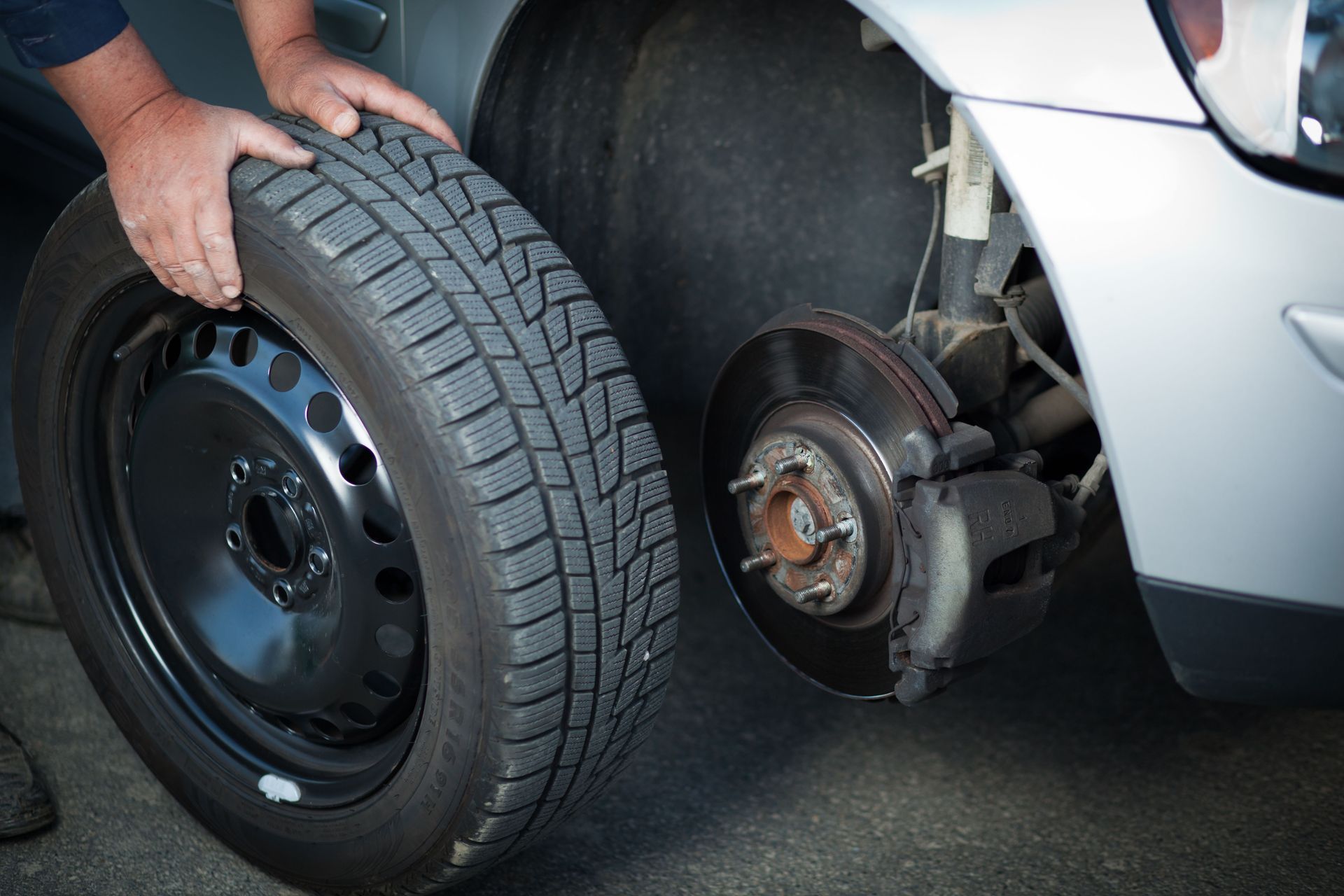
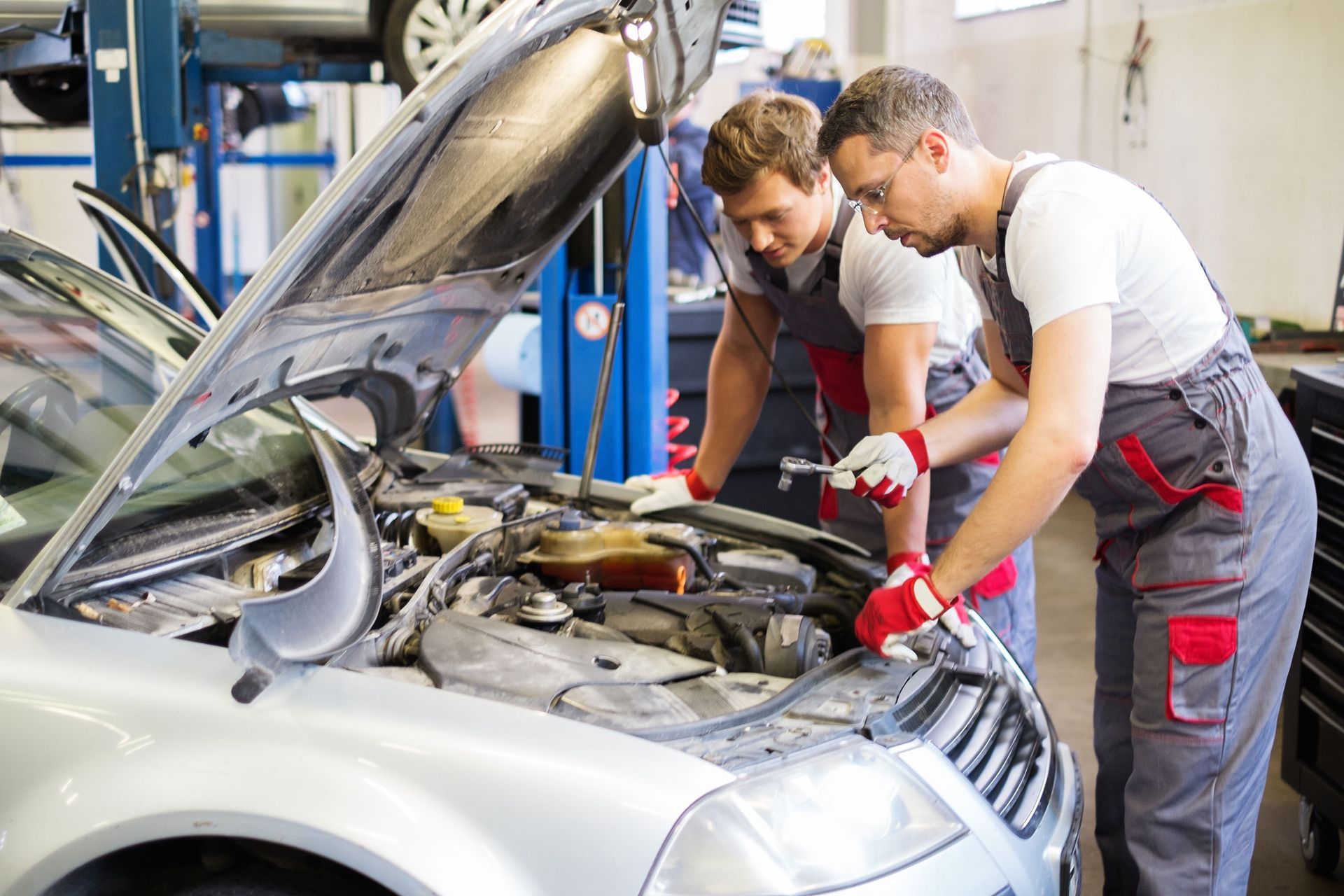
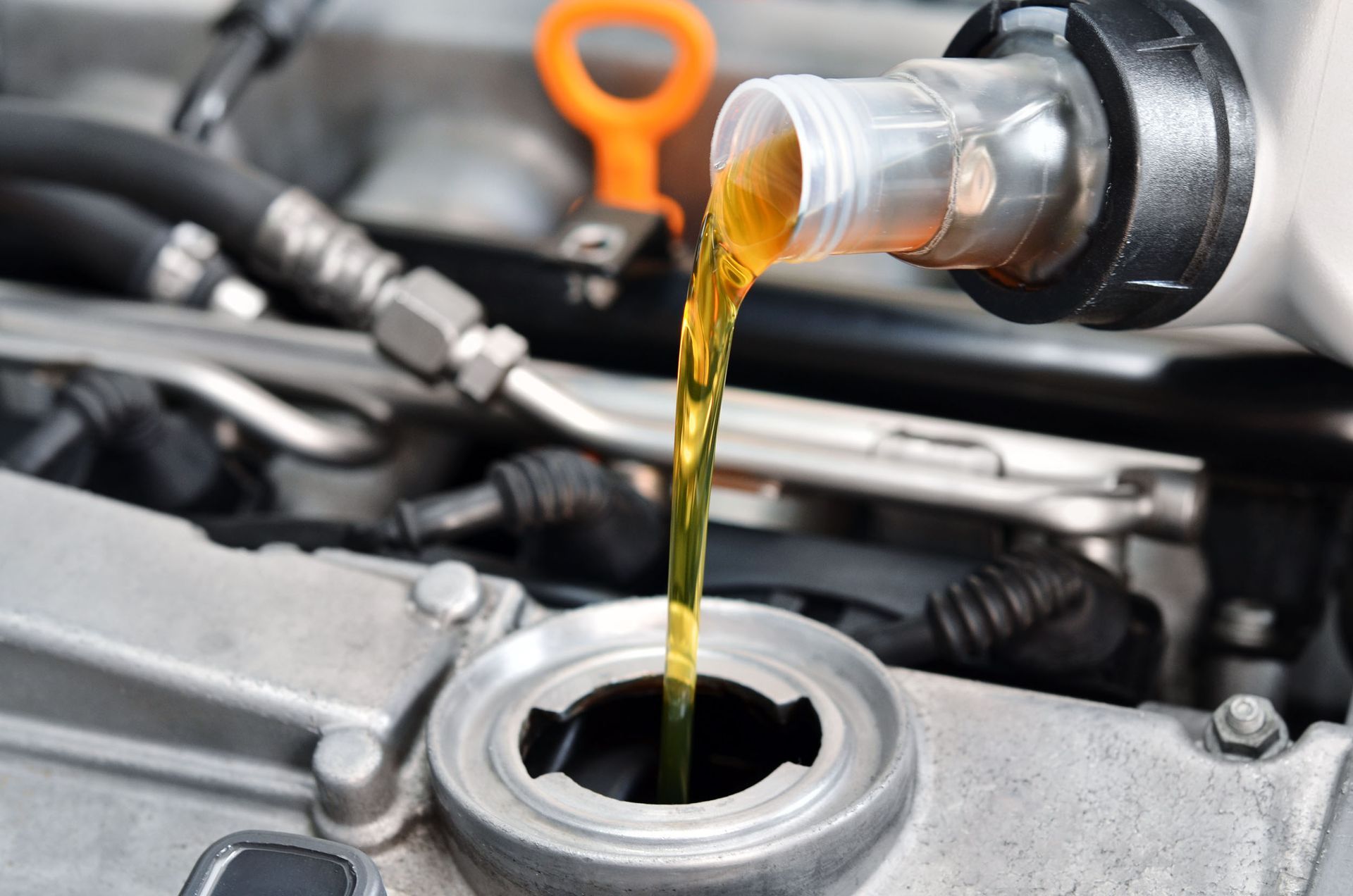












Share On: